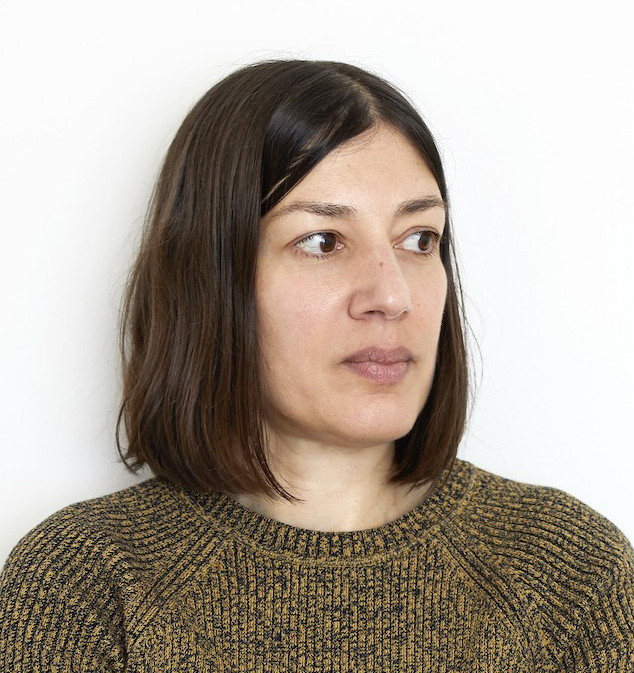Take a tour of Retrofit House, the live showcase inspiring sustainable homebuilding
Retrofit House, a showcase for residential redesign using biomaterials and environmentally smart methods, opens in Birmingham, UK, spearheaded by Civic Square, Dark Matter Labs and Material Cultures; we paid it a visit

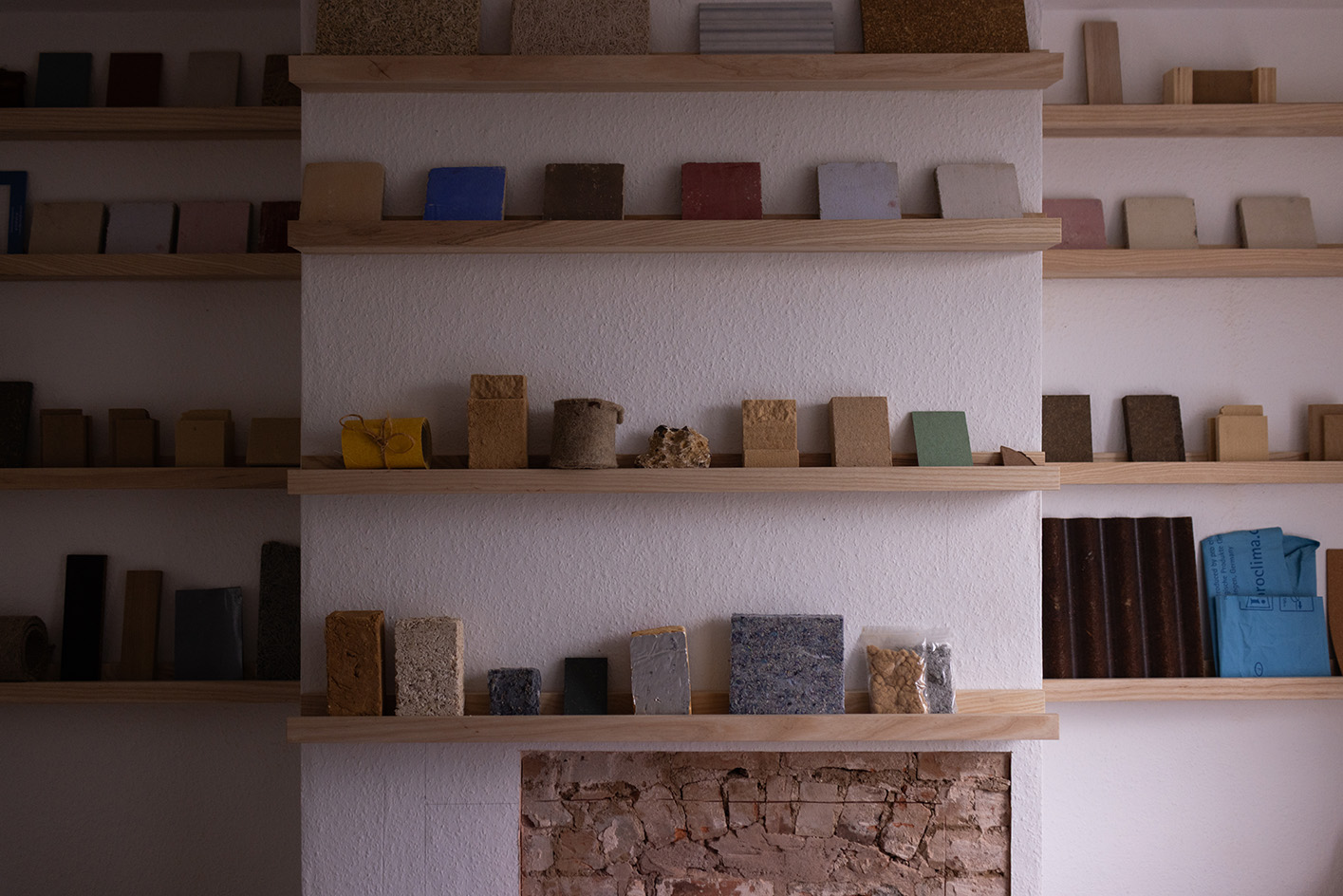
Receive our daily digest of inspiration, escapism and design stories from around the world direct to your inbox.
You are now subscribed
Your newsletter sign-up was successful
Want to add more newsletters?

Daily (Mon-Sun)
Daily Digest
Sign up for global news and reviews, a Wallpaper* take on architecture, design, art & culture, fashion & beauty, travel, tech, watches & jewellery and more.

Monthly, coming soon
The Rundown
A design-minded take on the world of style from Wallpaper* fashion features editor Jack Moss, from global runway shows to insider news and emerging trends.

Monthly, coming soon
The Design File
A closer look at the people and places shaping design, from inspiring interiors to exceptional products, in an expert edit by Wallpaper* global design director Hugo Macdonald.
Itching to improve your home but unsure where to start? Retrofit House comes to the rescue – not only by offering practical tools and knowledge sharing, but, importantly, empowering everyone to step up and take charge of their home's architectural future.
Retrofit House is an initiative set in Birmingham's Ladywood and part of a nationwide programme promoting imaginative yet thoroughly accessible redesign solutions to 21st-century architecture problems – climate change's rising temperatures and waters, and declining biodiversity, coupled with the UK's urgent need to update and increase housing stock. Its aim? To invite everyone on board the architectural journey of home-building and future-proofing.
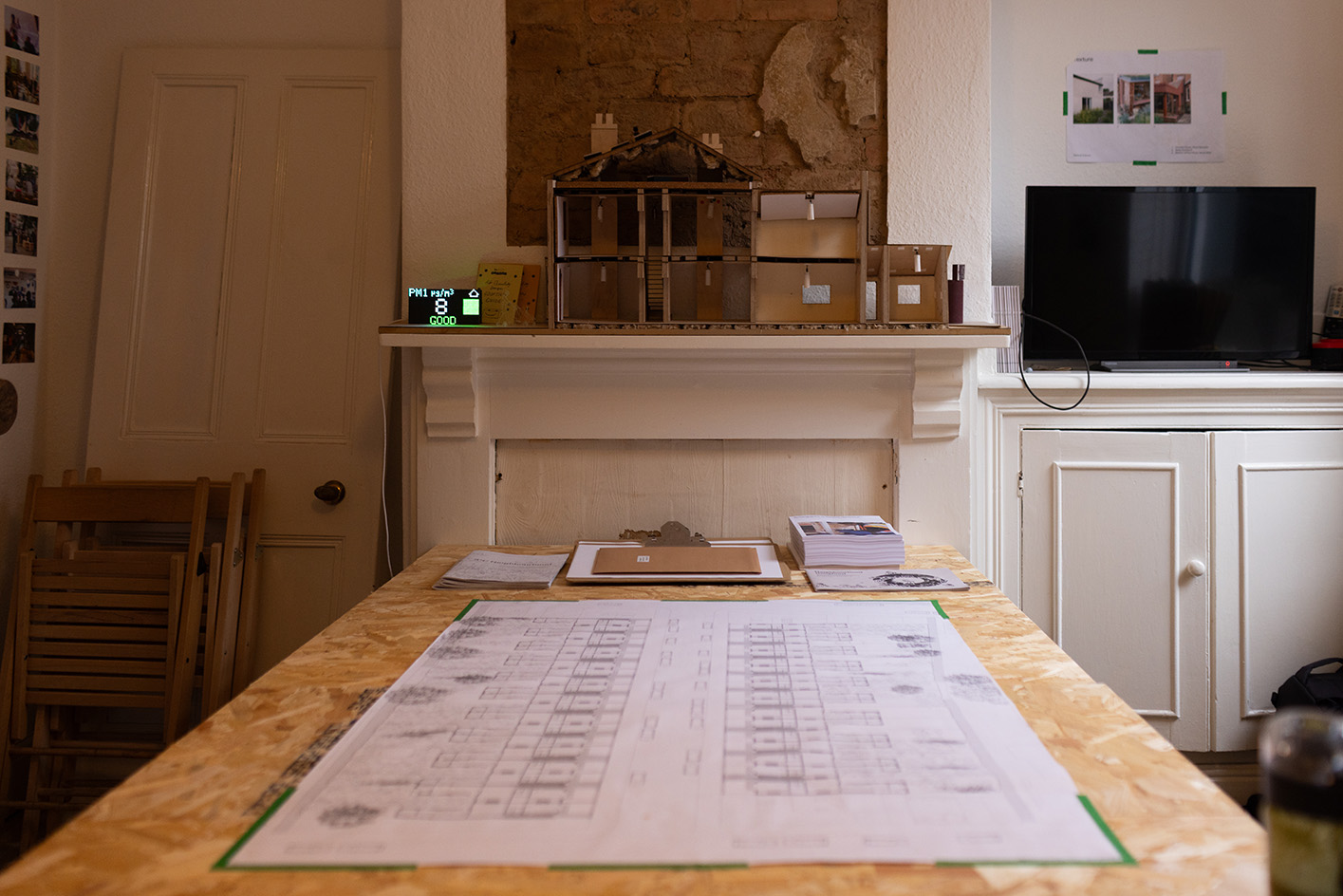
Explore Retrofit House and be inspired
The powerhouses behind Retrofit House are a trio of design, architecture and urban planning practices: Civic Square, Dark Matter Labs and Material Cultures. The project is the real, bricks-and-mortar result of the efforts of Immy Kaur, the founder and co-director of Civic Square, and her project partners, over the better part of a decade. It forms part of the UK-wide collective movement, Retrofit Reimagined.
So, what does it look like? The initiative takes over an entire Victorian terraced house in Ladywood, on a suburban, residential street. Using the building's fabric, the architects from the three organisations proceeded to dissect it, boring holes in walls, removing plaster and revealing the structure's bones, using the house as a showcase of what homes of that era –which are typical not only across Birmingham but throughout the UK – are made of.
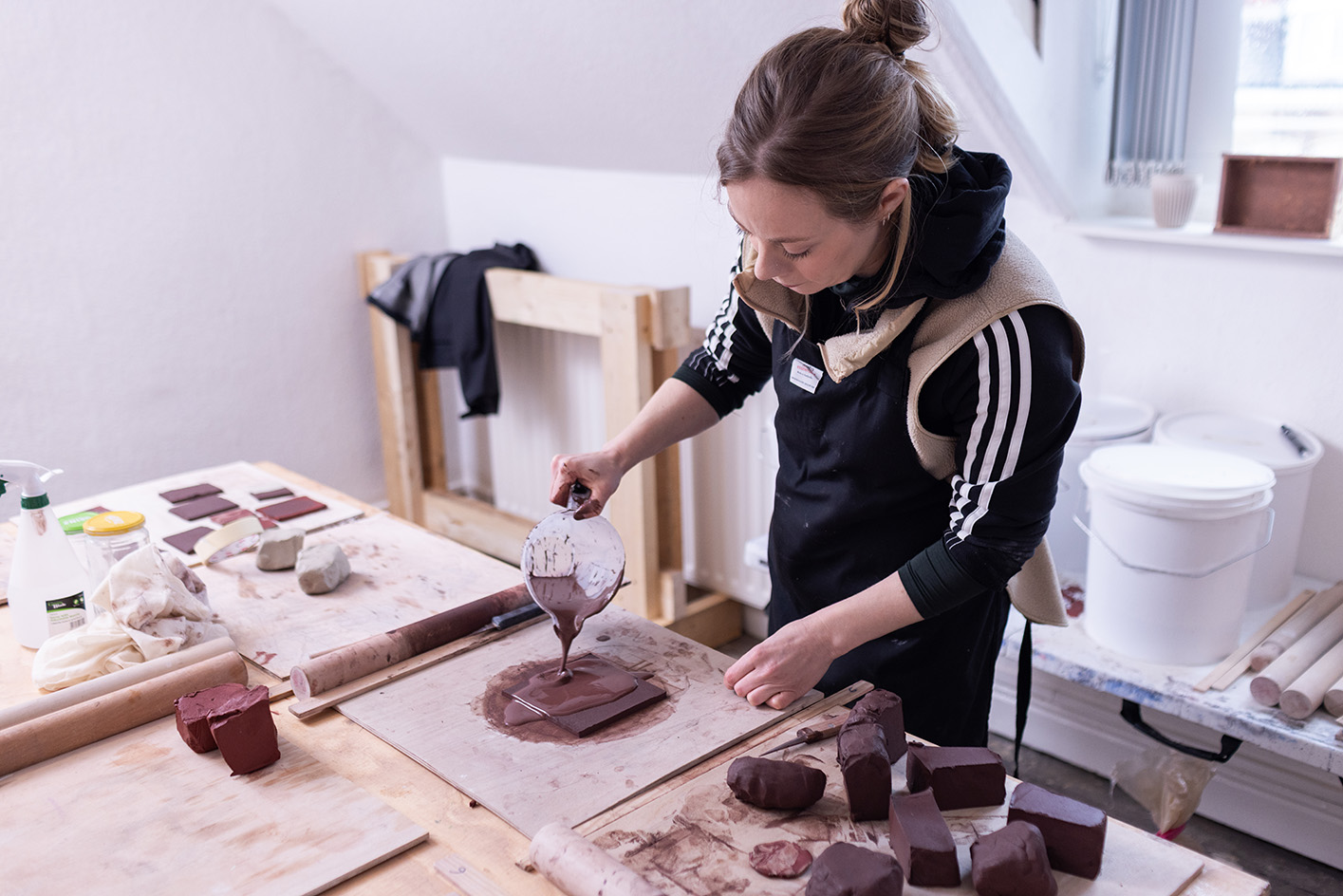
At the same time, displays of an array of biomaterials in the home offer options for anyone interested in repairing, adapting and improving their own home using sustainable architecture methods and resources. Biomaterials are known for their kinder impact on the environment (when responsibly sourced), as well as on our health.
'People don't often understand [retrofitting],' says Kaur. 'And, over the last five years, we have had a number of government schemes that have done poor work, eroded trust, wasted money.' As a neighbourhood-based initiative, Civic Square, through Retrofit House, aims to inspire 'an uptake for better quality housing on streets that are cleaner, where communities are at the forefront of that work'.
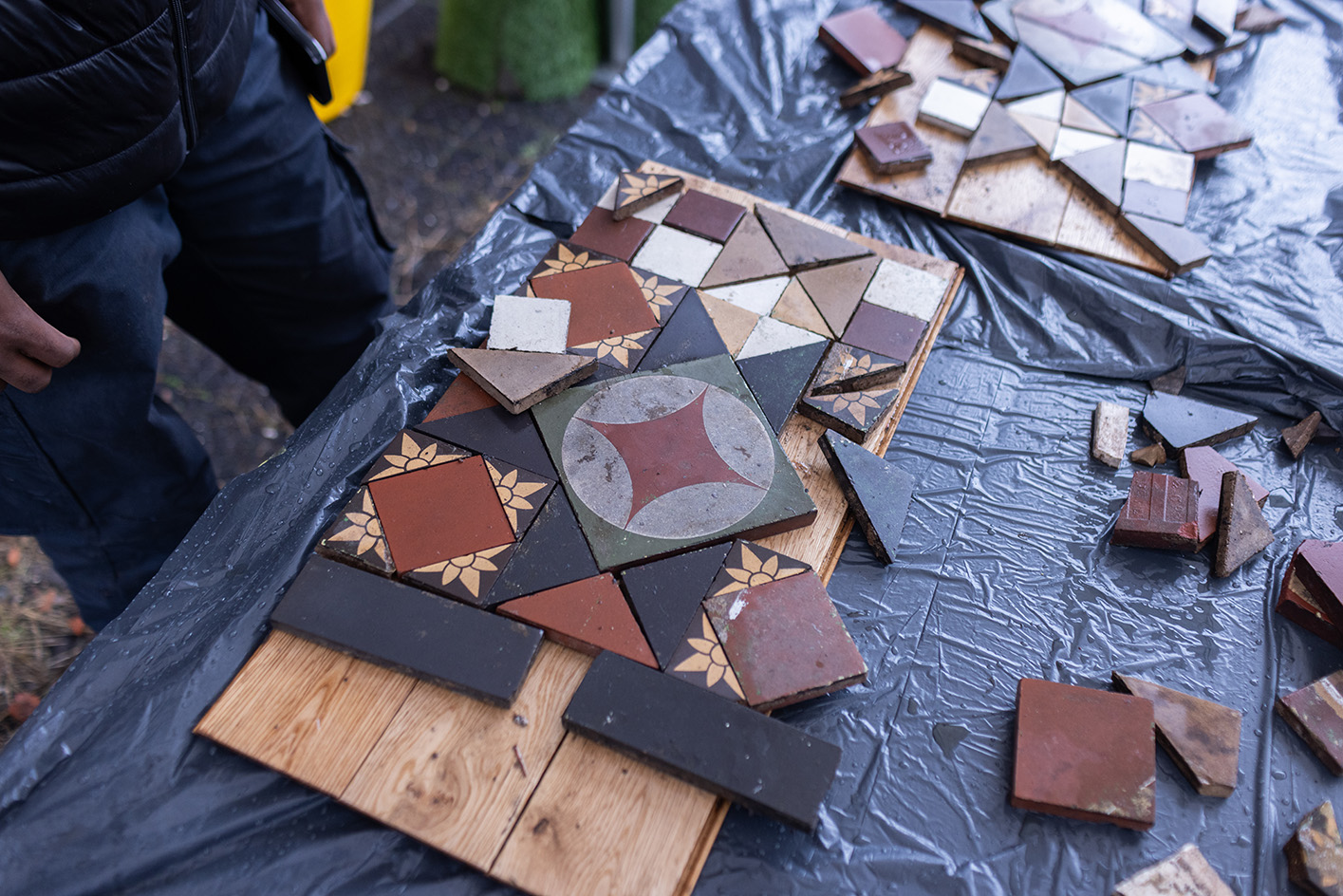
'But it is really important to unlock all of the capacity that exists in neighbourhoods, and in civil society and all these community organisations that have huge amounts of social capital, to understand their places and make the story of retrofit less about just understanding the deep technical things that you need to do, but more about the fact that we've all got something to bring to this. Because it is about better quality homes that are better for your health, that are cheaper to run, that are better for your children, that create better health outcomes.'
Receive our daily digest of inspiration, escapism and design stories from around the world direct to your inbox.
The residence's rooms will be used for workshops – both hands-on labs, and idea discussions and debate panels – aimed at helping the local community, and others beyond, feel confident about the methods and skills needed. This includes not only the homeowners themselves – to whom the project presents agency and choice – but also architects, tradespeople and contractors who wish to enrich their skillset by working with biomaterials, as part of Re:Builders, a six-month learning programme for workers in the built environment.
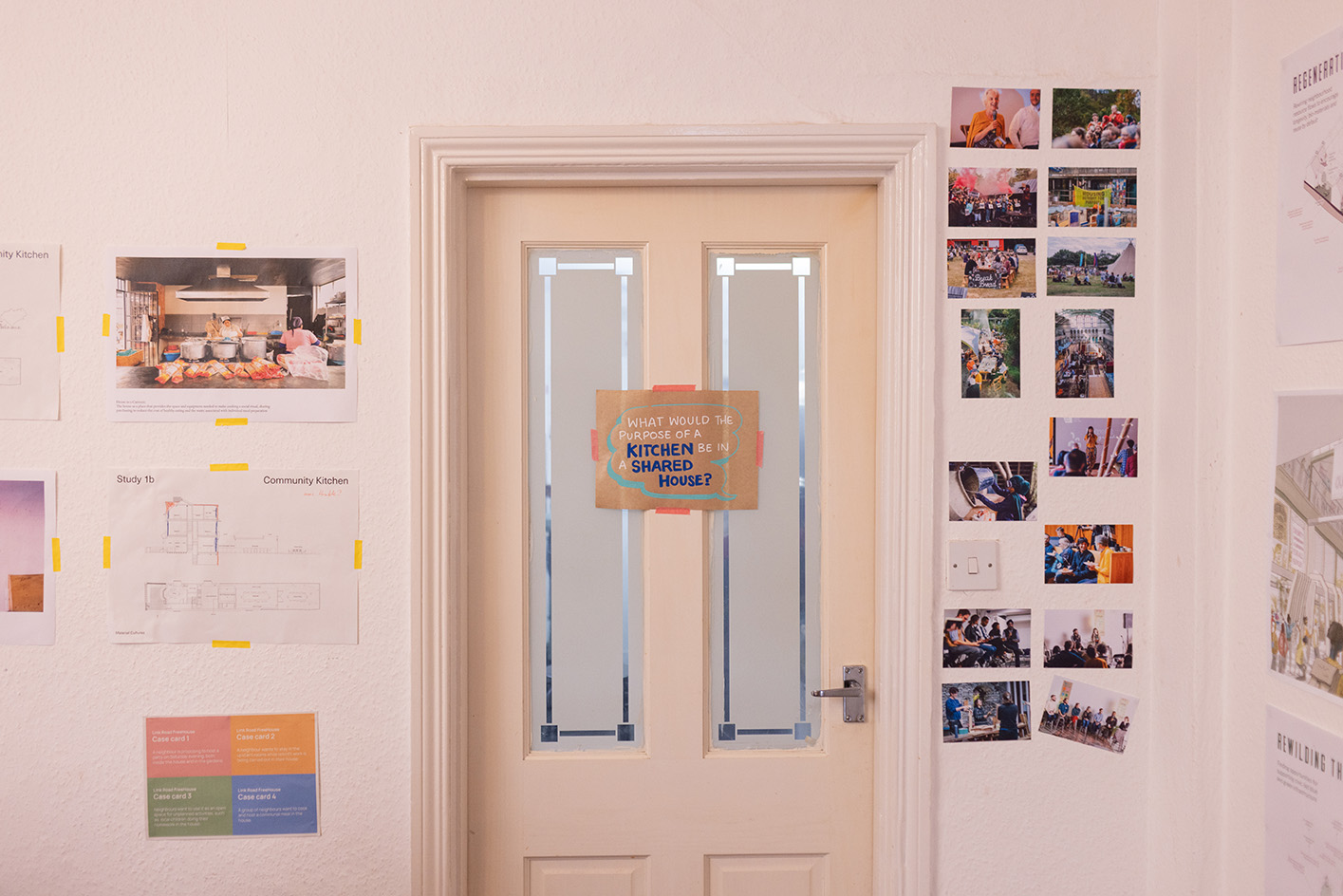
The result? A boost to ecological and social architecture infrastructure as Retrofit House itself slowly gets retrofitted and used to show how it's done.
'It is important to see this as a space of imagination and possibility, not just for decarbonising, which is super important, but for something far greater, which is the revitalisation of our democracy, of our communities and of our neighbourhoods,' Kaur continues.
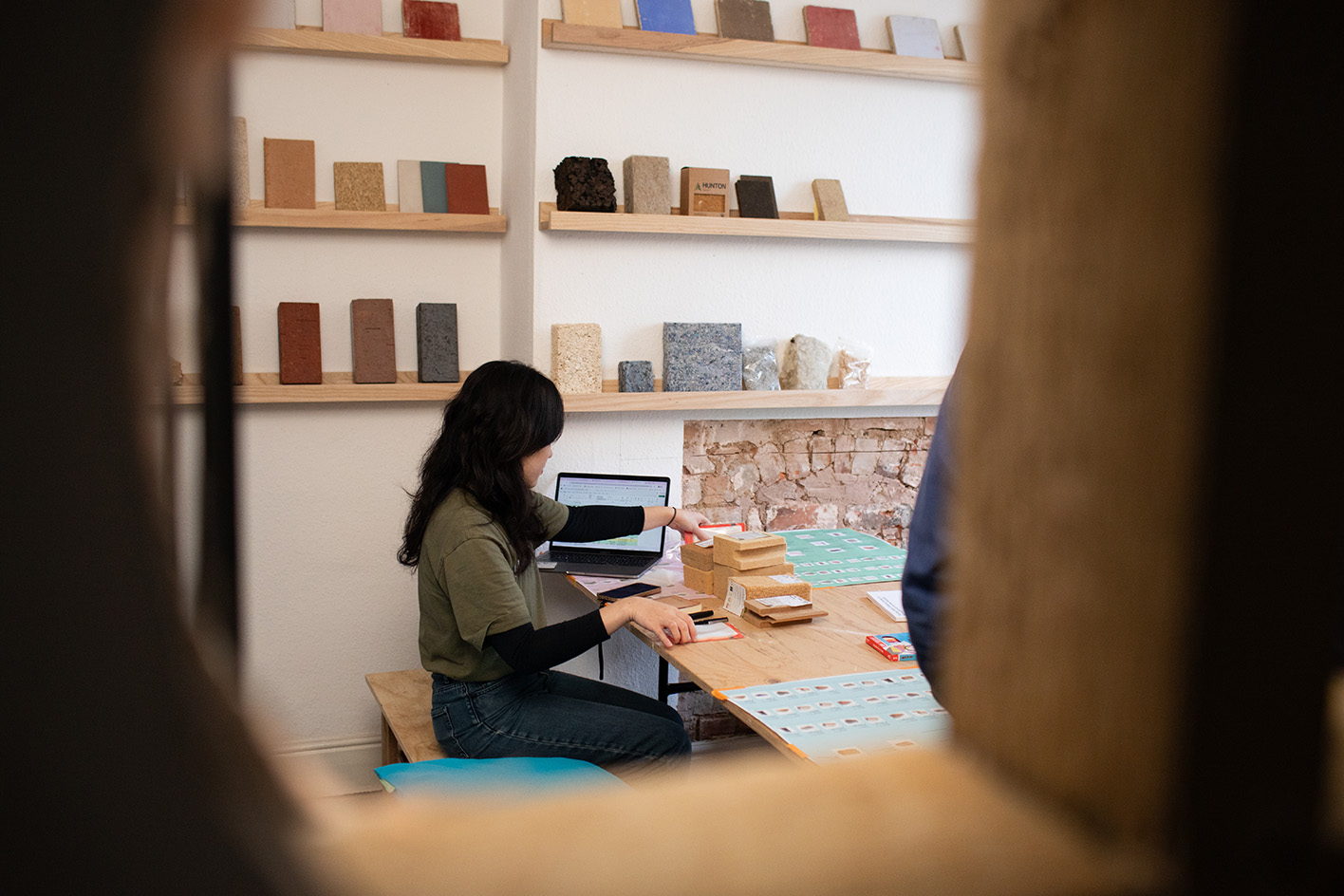
'For Civic Square, Retrofit House is connected to a larger plan. What is the infrastructure needed to put communities at the forefront of their climate transition, of their recovery? [We aim to show that] it's not a big, scary thing that they don't understand, but in fact, something that they feel liberated and excited by. And everyone's got something to share, and everyone's got something to learn.'
Retrofit House launched with an Open House week in November 2025 and will remain accessible to all via appointment and through its learning programme, serving as an important beacon for sustainable architecture action. It is one of three Retrofit Reimagined demonstrator projects currently in effect – the others are We Can Make in Bristol and Retrofit Balsall Heath in south Birmingham.
For more information, visit:
Ellie Stathaki is the Architecture & Environment Director at Wallpaper*. She trained as an architect at the Aristotle University of Thessaloniki in Greece and studied architectural history at the Bartlett in London. Now an established journalist, she has been a member of the Wallpaper* team since 2006, visiting buildings across the globe and interviewing leading architects such as Tadao Ando and Rem Koolhaas. Ellie has also taken part in judging panels, moderated events, curated shows and contributed in books, such as The Contemporary House (Thames & Hudson, 2018), Glenn Sestig Architecture Diary (2020) and House London (2022).
